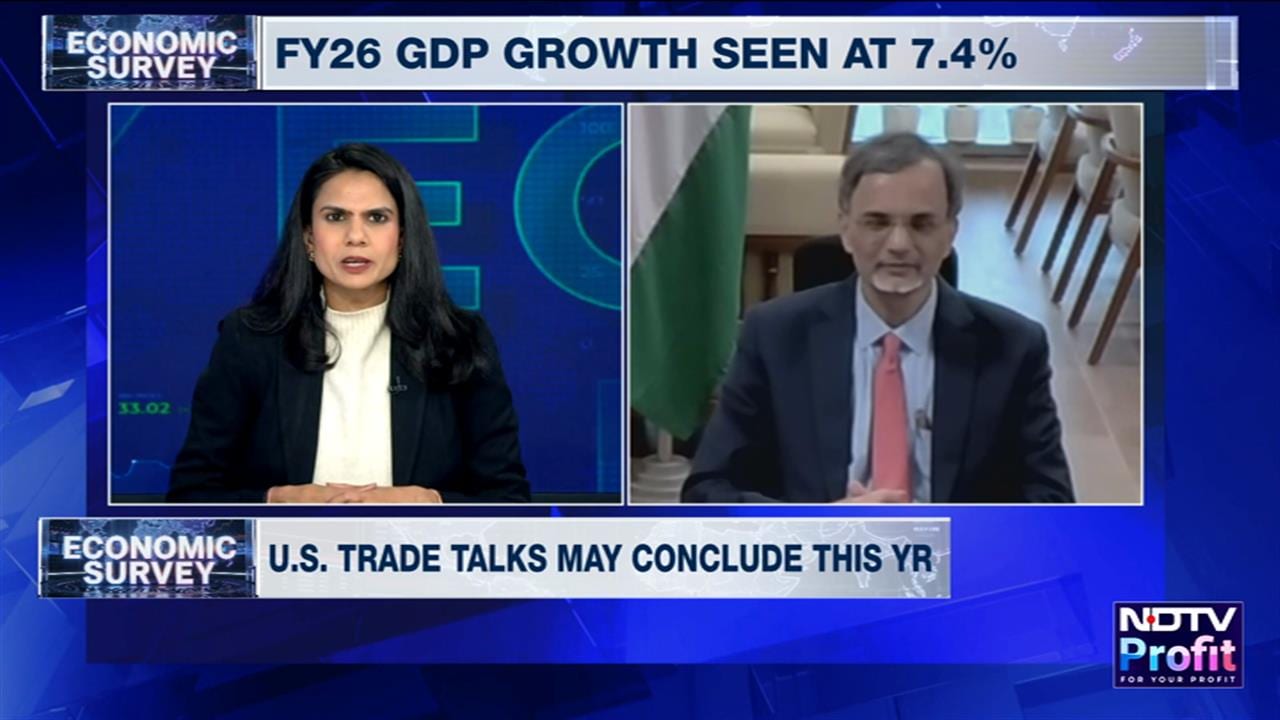
India Post or Department of Posts, which has a network of 1, 55,015 post offices, provides small savings schemes and insurance services, besides the usual postal services. Among the nine savings schemes that India Post provides, recurring deposit or RD accounts offer an interest rate of 7.3 per cent per annum, according to India Post's official website - indiapost.gov.in. The interest rate on post office RD account is compounded quarterly. Recurring deposit (RD) allows customers to save a fixed sum every month and earn an interest income on the same.
(Also read: SBI RD Account: How It Works, Interest Rates, Other Features)
Here are 5 things to know about Post office recurring deposit (RD):
Eligibility
A post office recurring deposit account can be opened by individuals by cash as well as cheque. In case of cheque, the date of deposit is the date of presentation of cheque. A post office recurring deposit (RD) can also be opened in the name of minor. A minor of age 10 years and above can open and operate the account. After attaining maturity, the minor is required to apply for conversion of the account to his or her name, according to the India Post's website.
Minimum/maximum contribution
The minimum amount required for opening a post office recurring deposit account (RD) is Rs 10 per month. There is no maximum limit on investment.
Maturity period
The maturity period of post office RD account is 5 years. On maturity, a recurring deposit of Rs 10 per month fetches a return of Rs 725.05. The post office five-year RD account can be continued for another five years on a year-to-year basis, according to India Post.
Premature withdrawal
One withdrawal up to 50 per cent of the balance is allowed after one year in case of a post office recurring deposit account. However, it should be repaid in one lump-sum along with interest at the prescribed rate at any time during the currency of the account. In case of death of depositor, the full maturity value allowed on a post office recurring deposit (RD) is restricted to Rs 50 denomination, subject to fulfillment of certain conditions, according to India Post.
Penalty charges for non-deposit of monthly installments
If the subsequent deposit is not made up to the prescribed day, a default fee at Rs 0.05 for every 5 rupee is charged. After four regular defaults, the account is discontinued and can be revived in two months but if the same is not revived within this period, no further deposit can be made. If in any recurring deposit account, there is a monthly default amount, the depositor has to first pay the defaulted monthly deposit with default fee and then pay the current month deposit.
Comprehensive Budget 2026 coverage, LIVE TV analysis, Stock Market and Industry reactions, Income Tax changes and Latest News on NDTV Profit.























